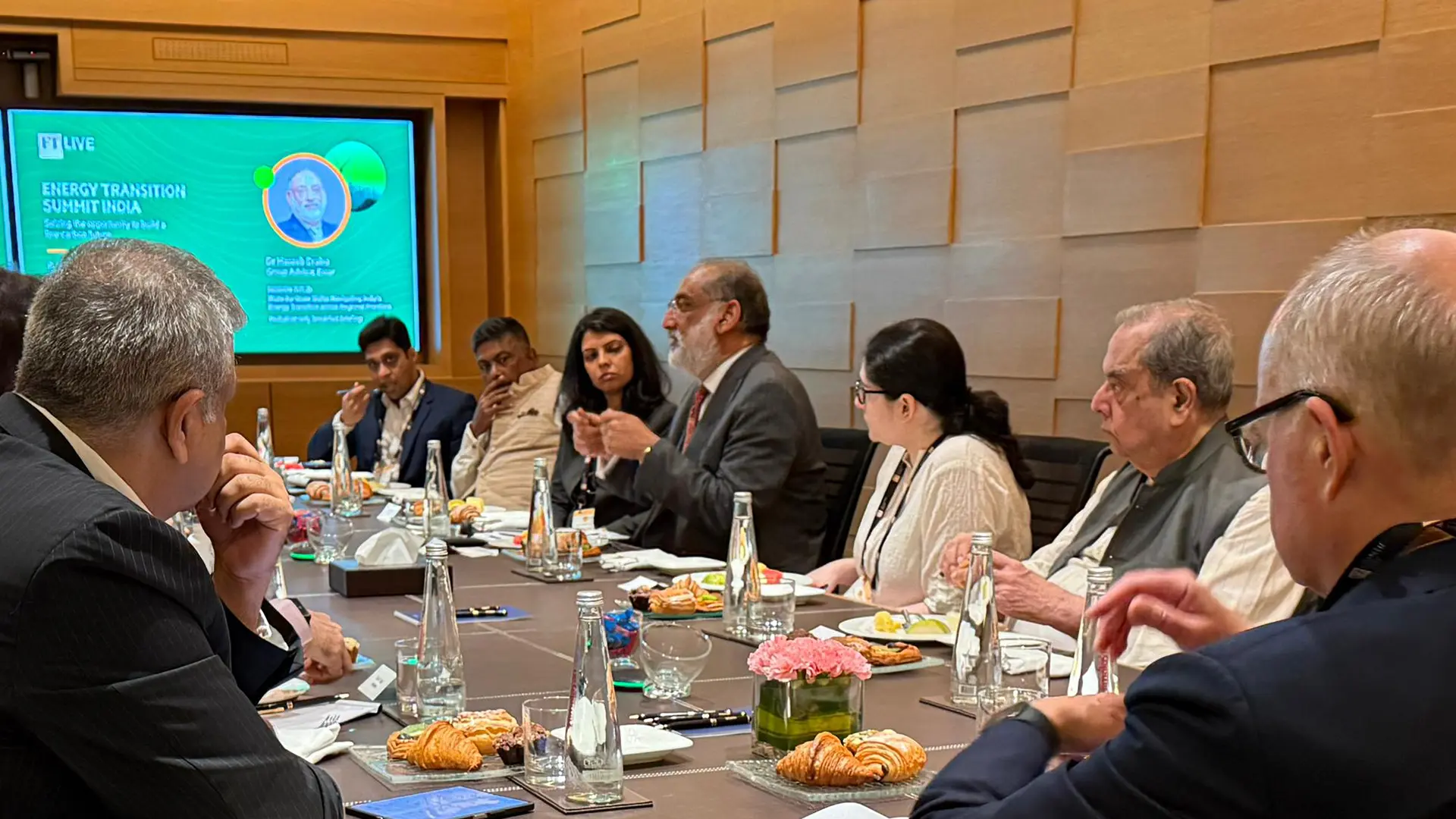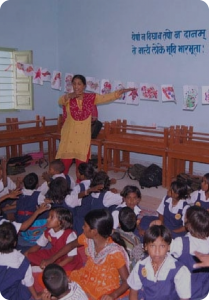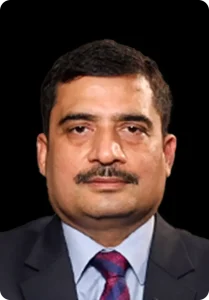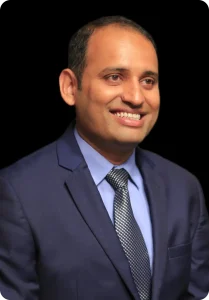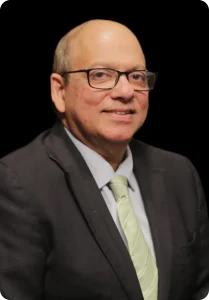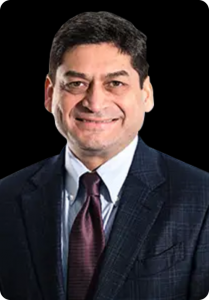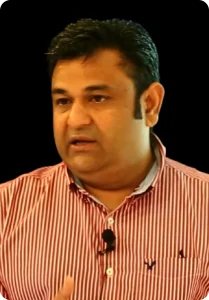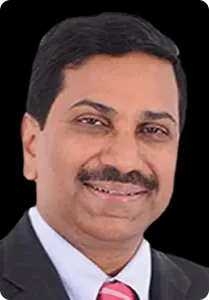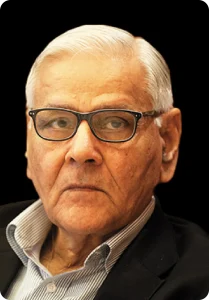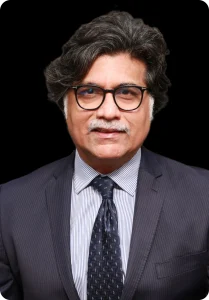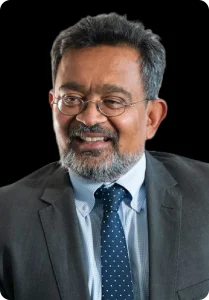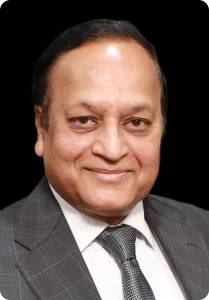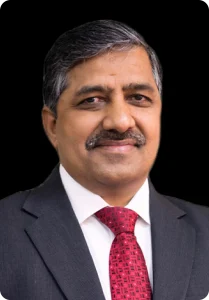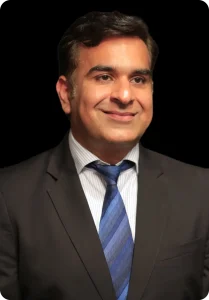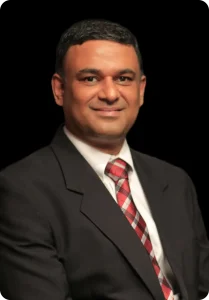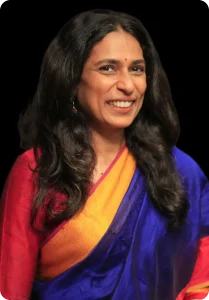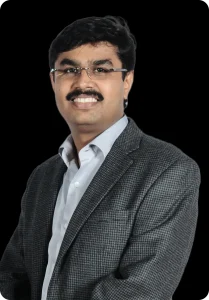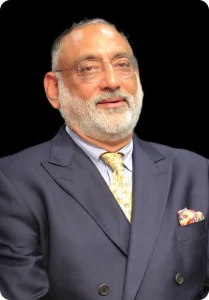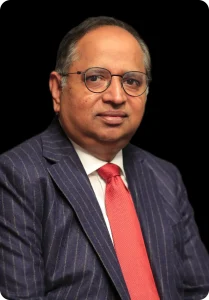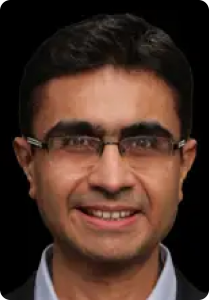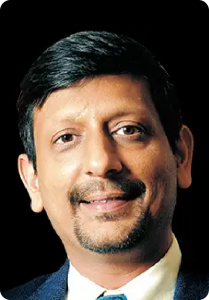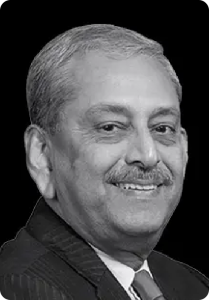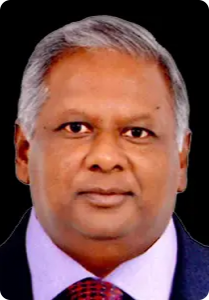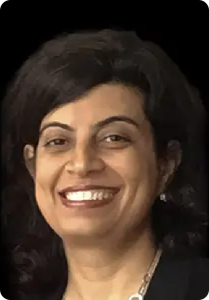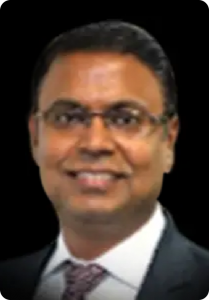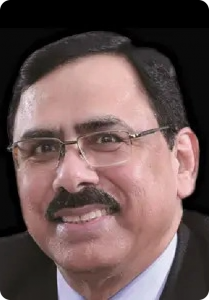Dr. Haseeb Drabu, Advisor at Essar, opened the Financial Times Energy Transition Summit India with a thought-provoking session titled “State-by-State Shifts: Navigating India’s Energy Transition Across Regional Frontiers.” Moderated by Robin Harding, FT’s Asia Editor, the closed-door breakfast session gathered esteemed guests to delve into the complexities of India’s energy landscape.
Drawing on his extensive experience in governance and economic policy, Dr. Drabu emphasised that India is not a uniform entity but consists of 30 distinct economies, each at varying stages of development, resource endowments, and levels of understanding regarding energy consumption. He urged attendees to move beyond macro-level discussions and focus on the individual actions and initiatives being implemented by states, as these localised efforts are critical to shaping the national economy.
A significant proposal from Dr. Drabu was the establishment of an ‘Energy Transition Council of India’, modeled after the GST Council. This proposed body would facilitate collaboration among states, aligning strategies, coordinating viability gap funding, and creating incentives that support a decentralized approach to energy transition. Such a structure acknowledges the unique needs of different regions and promotes tailored solutions.
Notably, Dr. Drabu pointed out that only 16 states and union territories account for 90% of the country’s energy consumption, highlighting the necessity for customised energy transition pathways that reflect the distinct profiles of these key regions. He also advocated for promoting Decarbonization through Decentralization initiatives, extending efforts up to local governance structures such as Green Panchayats, and developing Regional Renewable Energy Hubs in sustainability endowed states like the North East, Himachal Pradesh, and Jammu & Kashmir.
Dr. Haseeb Drabu’s insights, reinforce Essar’s commitment to navigating the complexities of India’s energy transition. His emphasis on collaborative, state-focused strategies not only prioritises sustainability but also champions diverse regional development, making him a significant voice in the ongoing dialogue around India’s energy future.

